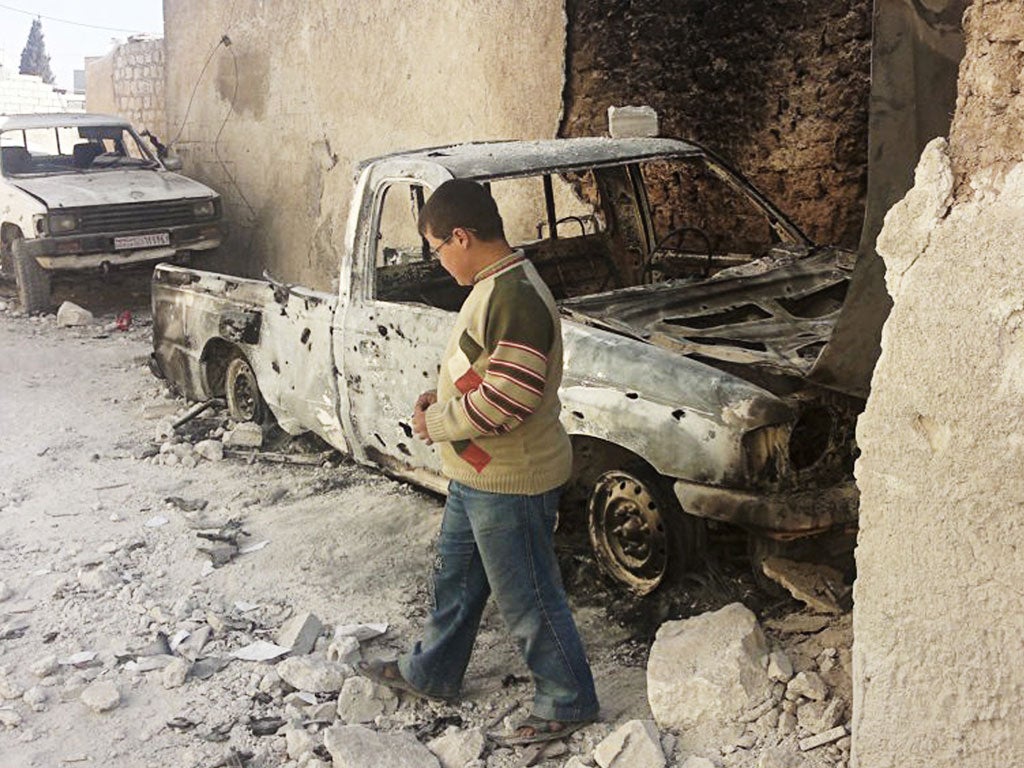Annan heads to China with plans to end Syrian conflict
Former UN leader visits Beijing after winning Russian backing for negotiated peace deal

Kofi Annan arrives in Beijing today to try to boost flagging diplomatic efforts to force President Bashar al-Assad to end his bloody crackdown, hoping to get China's endorsement of his blueprint for a negotiated end to Syria's deadlocked conflict.
Mr Annan, whom the United Nations and Arab League have tasked with attempting to resolve the crisis, travels to China after visiting Russia, where he succeeded in gaining the support of President Dmitry Medvedev.
"This cannot be allowed to drag on indefinitely and as I have told the parties on the ground, they cannot resist the transformational winds that are blowing," Mr Annan said.
Chinese officials have already voiced support for his six-point plan, which does not require that Mr Assad steps down and instead focuses on ending the violence and beginning a gradual transition to democracy. Mr Annan's office said yesterday that Syria has formally responded to his plan, but did not give any further details, saying he was studying the counter-proposals.
China and Russia have in the past provided key support to the Syrian regime by vetoing UN Security Council resolutions condemning its attempts to crush the revolt. The UN says at least 8,000 people have died in the conflict.
Mr Annan's trip to China comes amid efforts to unify the dysfunctional Syrian opposition before the next "Friends of Syria" meeting, to be held in Istanbul on 1 April. The Syrian opposition has been plagued by deep divisions and infighting and delegates from the disparate groups met in Istanbul for a two-day meeting yesterday. But the get-together itself proved divisive, with not all members of the Syrian National Council, the main opposition group, receiving invitations.
Turkey also yesterday "temporarily suspended" operations at its embassy in Damascus and withdrew its ambassador, citing security concerns. Turkey, once a close ally of the regime, and the United States have announced that they will provide non-lethal aid, such as communications equipment and medical supplies, to members of the Syrian opposition inside the country. That aid shows that the international community is becoming more directly involved in the conflict and growing impatient with the Syrian regime.
Join our commenting forum
Join thought-provoking conversations, follow other Independent readers and see their replies
Comments
Bookmark popover
Removed from bookmarks